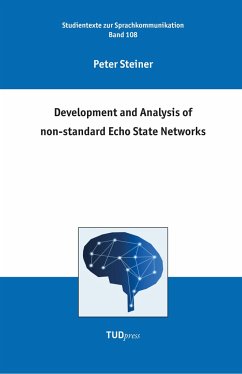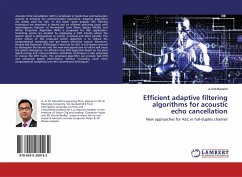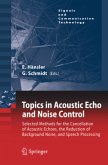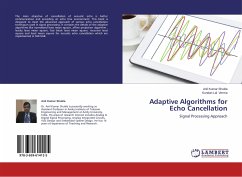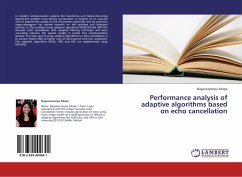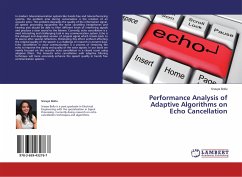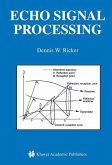In an era of complex deep learning architectures like transformers, CNNs, and LSTM cells, the challenge persists: the hunger for labeled data and high energy. This dissertation explores Echo State Network (ESN), an RNN variant. ESN's efficiency in linear regression training and simplicity suggest pathways to resource-efficient, adaptable deep learning. Systematically deconstructing ESN architecture into flexible modules, it introduces basic ESN models with random weights and efficient deterministic ESN models as baselines. Diverse unsupervised pre-training methods for ESN components are evaluated against these baselines. Rigorous benchmarking across datasets - time-series classification, audio recognition - shows competitive performance of ESN models with state-of-the-art approaches. Identified nuanced use cases guiding model preferences and limitations in training methods highlight the importance of proposed ESN models in bridging reservoir computing and deep learning.
Bitte wählen Sie Ihr Anliegen aus.
Rechnungen
Retourenschein anfordern
Bestellstatus
Storno

